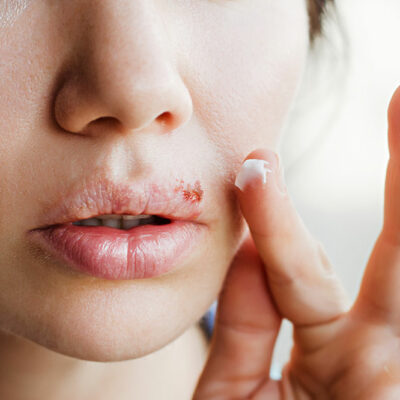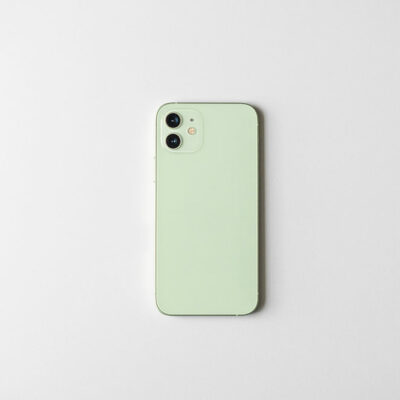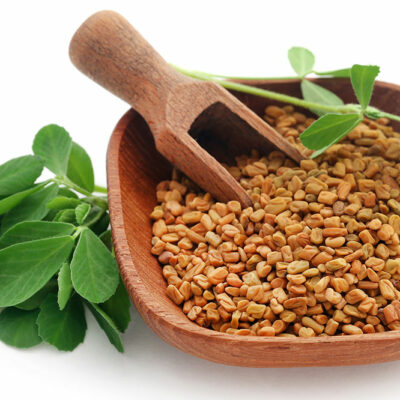
Soaps That Trigger Eczema
Eczema is a condition that causes patients to develop rough, itchy, or dry patches across the body. These spots can take days, or even weeks, to heal. Sometimes prescription medication and topical ointments may be required to deal with severe flare ups. Although there is no cure for eczema, flare ups can be dramatically decreased with the right knowledge and products. There are a variety of environmental causes of eczema flare ups, including soap and laundry detergents, pet dander, pollen, and other household products containing specific chemicals.
Following are a variety of common ingredients found in soaps that eczema patients should stay away from:
1. Antibacterial soaps
While it is tempting to choose soaps containing antibacterial properties during cold and flu season, those who suffer from eczema are advised to stay away from these products. The antibacterial ingredients can cause eczema flare ups due to their tendency to dry out the skin. One of the leading causes of eczema flare ups is dry skin, so try to avoid soaps and body washes with antibacterial properties.
2. Soaps with strong fragrances
Soaps with strong fragrances may be popular, but it is these fragrances which may ultimately lead to dry, itchy skin and eczema flare ups. Even soaps that claim to be “fragrance free” can still carry a small amount of fragrance, which is enough to cause a flare up in those with sensitive skin. Make sure to check the back of the label in order to ensure there is no fragrance contained in the product before purchasing it.
3. Soaps containing methylchloroisothiazolinone and methylisothiazolinone
Methylchloroisothiazolinone and methylisothiazolinone are chemicals which are often responsible for contact dermatitis and eczema flare ups. These two ingredients are found in many household cleaners, bath washes, shampoos, baby wipes, and hand soaps. These ingredients are used as a preservative that keeps the product fresh and allows for a longer shelf life. However, these preservatives are often the cause of people developing dry, itchy skin, and are best to be avoided.
4. Propylene glycol based soaps
Propylene glycol is an anti-caking agent, often found in a variety of makeup products, medications, and even in food. As useful as this chemical is, it can be highly detrimental to those with eczema. Dermatologists have found that propylene glycol is one of the main triggers for eczema flare ups, causing a reaction nearly thirty percent of the time after contact occurs.
5. Soaps with essential oils
While essential oils may be popular for those who enjoy natural products with aromatherapy properties, essential oils can trigger an adverse reaction when they are applied topically for those who suffer from eczema. A reaction from essential oils is not always immediate, with delayed onset often occurring several hours after use. It is best to avoid these types of products whenever possible.
There is currently no known cure for eczema, however, there is hope. By learning what products and chemicals trigger eczema and researching viable alternatives for household products, those who suffer from eczema can decrease the occurrence of flare ups, soothe their sensitive skin, and enjoy a better quality of life.


